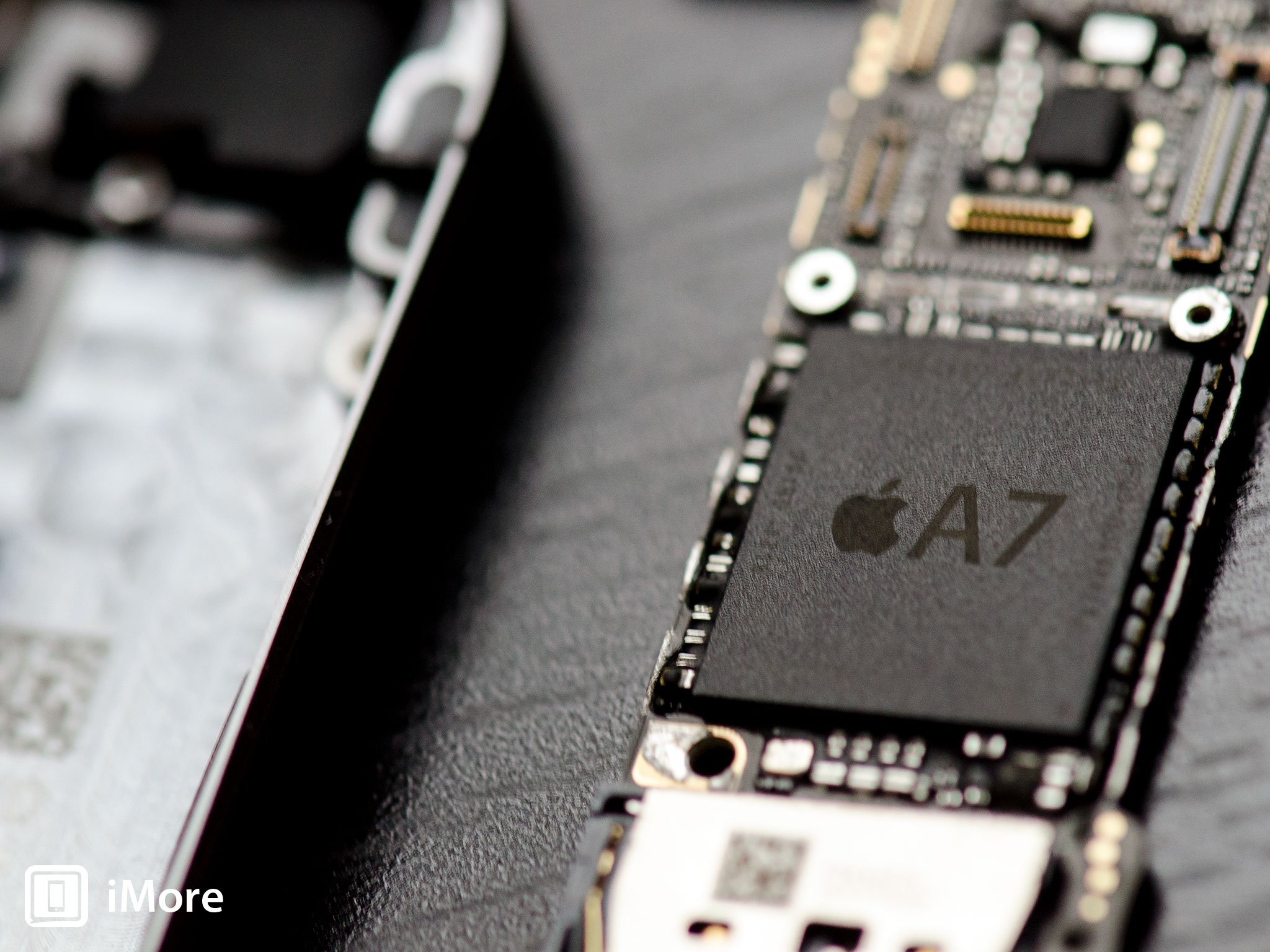Apple's 64-bit A7 chip "hit us in the gut," says Qualcomm employee

Despite Qualcomm's comments to the contrary, Apple's introduction of the 64-bit A7 processor used in the iPhone 5S, iPad Air and Retina iPad mini has sent people within Qualcomm into a panic. That's the word from an article posted to Hubspot by Dan Lyons - he of "Fake Steve Jobs" fame - who joined Hubspot earlier this year as "Marketing Fellow."
Apple broke new ground with the A7 chip. It's the first 64-bit processor to be found in a mobile device. Lyons reports that Qualcomm - one of the biggest mobile semiconductor makers around - wasn't expecting Apple to come out with a 64-bit chip so soon.
"The 64-bit Apple chip hit us in the gut. Not just us, but everyone, really. We were slack-jawed, and stunned, and unprepared," Lyons quotes the unnamed Qualcomm employee as saying.
Now semiconductor manufacturers like Qualcomm are scrambling to catch up, but Qualcomm doesn't expect to have a 64-bit chip available until the second half of 2014 - basically a year after Apple. Samsung, one of Apple's biggest rivals in the smartphone market, plans to introduce a 64-bit processor as well, thought it hasn't yet announced products that use them. Lyons says Samsung is rumored to be announcing such a product early in 2014.
Apple's competitors have been quick to downplay the significance of the 64-bit chip, saying it's just Apple's marketing gamesmanship - that the only real significance of 64-bit is its ability to address more memory than mobile devices have right now. Qualcomm senior VP and chief marketing officer Anand Chandrasekher even went so far to declare that the A7 conferred "zero benefit" to end users - then was promptly "reassigned."
64-bit processors are able to access more RAM, but that's not their only benefit - they can grab data in twice as large chunks as their 32-bit counterparts. And as apps are optimized to take advantage of a 64-bit architecture and the other capabilities of the A7, they'll run faster and be capable of doing more. Apple's future-proofing iOS devices to enable app developers to continue to create software that delights and surprises users, who are doing more sophisticated things with their mobile devices all the time.
The mobile industry is inexorably heading in the direction of 64 bits. Apple just beat everyone else to it.
iMore offers spot-on advice and guidance from our team of experts, with decades of Apple device experience to lean on. Learn more with iMore!

